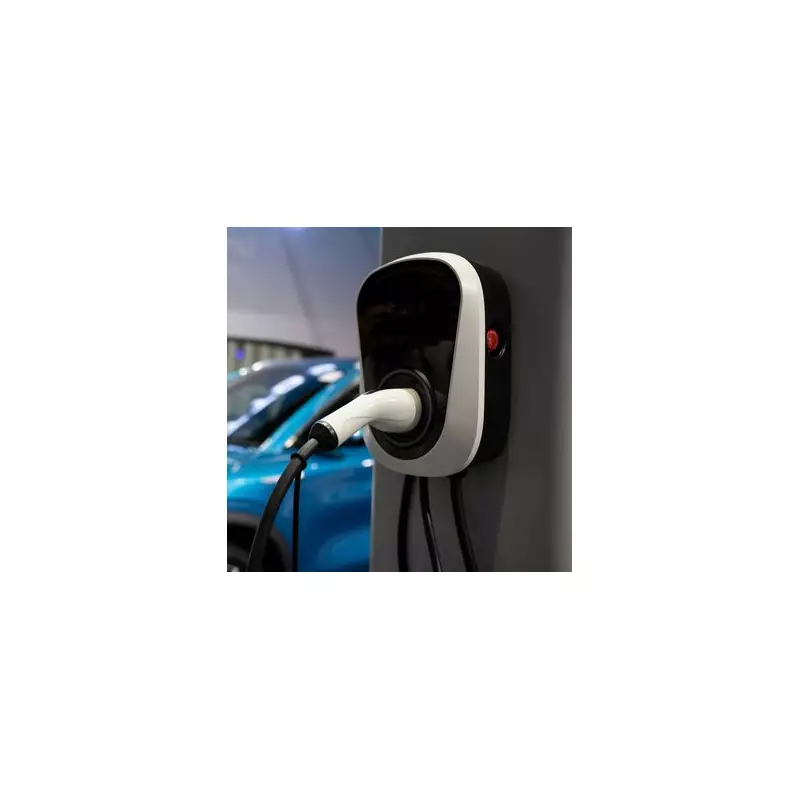
Electric vehicle drivers across Britain could be inadvertently causing thousands of pounds worth of damage to their cars through a common charging habit, experts have warned.
New research suggests that consistently charging EV batteries to 100% capacity may be significantly reducing their lifespan and performance, leaving drivers facing expensive replacement costs years earlier than expected.
The Silent Battery Killer in Your Daily Routine
Most EV owners assume that charging their vehicle to maximum capacity represents the optimal approach, mirroring smartphone charging habits. However, battery scientists reveal this practice is actually damaging the sophisticated lithium-ion power units that propel modern electric cars.
"It's like constantly overfilling a fuel tank until it spills over," explains Dr Eleanor Vance, battery technology specialist at Imperial College London. "The stress on battery cells from maintaining maximum charge accelerates chemical degradation that permanently reduces storage capacity."
What the Research Shows
Laboratory testing indicates that batteries regularly charged to 100% capacity may lose up to 30% of their original range within five years. Those maintained between 20-80% charge typically show less than 10% degradation over the same period.
The implications for UK drivers are significant:
- Potential battery replacement costs exceeding £5,000
- Reduced resale value for affected vehicles
- Unexpected range anxiety as batteries degrade prematurely
- Increased environmental impact from earlier battery replacement
Optimal Charging Practices Revealed
Industry experts recommend several strategies to maximise battery longevity:
- Set charge limits to 80-90% for daily use, reserving 100% charges for long journeys
- Avoid regularly draining batteries below 20% before recharging
- Use scheduled charging to complete charging just before departure
- Minimize rapid charging for routine needs, using slower home charging where possible
The Cost of Getting It Wrong
With battery replacement costs representing up to 40% of an electric vehicle's value, proper charging maintenance isn't just about performance—it's a significant financial consideration.
"Many drivers are completely unaware they're damaging their most valuable asset," says Mark Thompson from the UK Electric Vehicle Association. "Education about battery care is as important as understanding charging infrastructure."
As the UK accelerates toward its 2035 petrol and diesel phase-out, proper EV maintenance knowledge becomes increasingly crucial for the nation's drivers navigating the transition to electric motoring.





